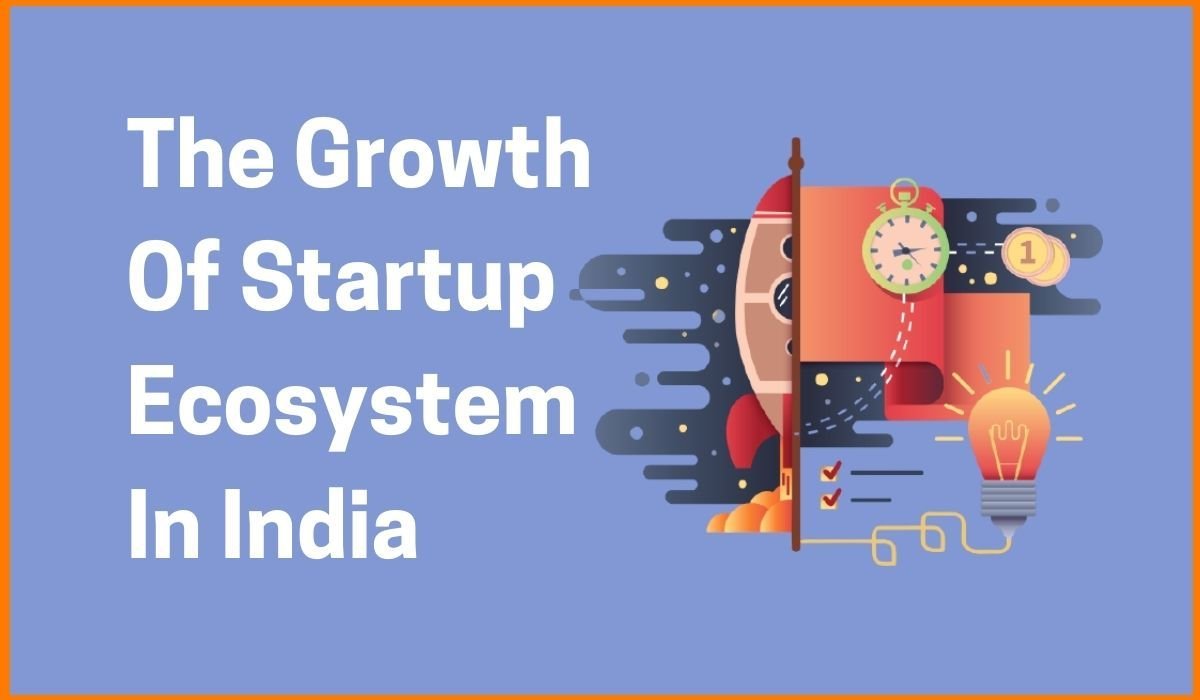Over the last decade, India has undergone a remarkable transformation—from an emerging economy to one of the world’s most dynamic hubs for innovation and entrepreneurship. With over 100 unicorns, a thriving pool of young talent, and a rapidly growing digital economy, India’s startup ecosystem has matured into a global force. But behind the numbers are stories of resilience, creativity, and community-building that have shaped the country’s entrepreneurial rise.
This is a look into India’s innovation ecosystem—the successes, the struggles, and the road ahead.
The Rise of the Indian Startup Scene
India’s startup boom didn’t happen overnight. While the seeds were planted in the early 2000s with the IT and BPO boom, the real acceleration began in the 2010s. Cheap mobile data, growing internet penetration, and a surge in digital payments created fertile ground for innovation.
By 2025, India is home to more than 90,000 startups, with new ventures launching at an average rate of 80 per day. From fintech and healthtech to agritech and edtech, startups are addressing challenges unique to India while also building products for global markets.
Unicorns and Game-Changers
India now ranks third in the world for the number of unicorns (startups valued over $1 billion), behind only the U.S. and China. Some have become household names:
- Flipkart revolutionized e-commerce, ultimately being acquired by Walmart.
- Zomato and Swiggy changed how India eats, delivering food even to tier-2 cities.
- BYJU’S, despite its recent struggles, brought edtech to the mainstream.
- Paytm and PhonePe helped digitize payments for millions, especially during the demonetization era.
- Ola created India’s homegrown ride-hailing solution, expanding even into electric vehicles.
These companies didn’t just ride the digital wave—they helped shape it.
What Makes India’s Ecosystem Unique?
India’s startup ecosystem is unlike any other in the world. Here’s why:
1. A Massive, Diverse Market

With over 1.4 billion people, India presents an unmatched opportunity for startups. But it’s not just the size—it’s the diversity. A solution that works in Mumbai may need adaptation in Ranchi. This complexity has forced startups to be hyperlocal, innovative, and price-sensitive.
2. Tech Talent at Scale
India produces more engineers than the U.S. and China combined each year. Cities like Bengaluru, Hyderabad, and Pune have become global tech hubs. Many Indian founders and CTOs have worked in Silicon Valley or studied at IITs, IIMs, and global institutions—bringing a world-class skill set back home.
3. Frugal Innovation (“Jugaad”)
One of the defining traits of Indian startups is their ability to do more with less. Startups often build products that work with low data, no credit cards, poor infrastructure, and price-sensitive users. This mindset, often described as “jugaad”, has birthed lean, efficient, and highly adaptable businesses.
Sectors Fueling Innovation
While tech remains the foundation, several sectors are driving the next wave of Indian innovation:
Agritech
With over 50% of Indians still dependent on agriculture, agritech startups are tackling issues like low crop yields, unpredictable weather, and market access. Companies like DeHaat, Ninjacart, and AgroStar are using AI, supply chain logistics, and mobile platforms to empower farmers.
Fintech
Financial inclusion is a major challenge in India. Startups like Razorpay, Groww, and Cred are simplifying everything from payments to investments and credit scoring, even for users without traditional banking access.
Healthtech
Access to affordable healthcare remains unequal. Healthtech startups like PharmEasy, Practo, and Cure.fit are digitizing consultations, prescriptions, and wellness services, especially crucial during the COVID-19 pandemic.
Edtech
While BYJU’S and Unacademy dominate headlines, hundreds of smaller edtech startups are teaching coding, upskilling rural students, or offering AI-driven tutoring. India’s education system, one of the largest in the world, is ripe for disruption.
Sustainability & Climate Tech
As India faces climate challenges, startups like Ather Energy (EVs), Carbon Masters (bioenergy), and Chakr Innovation (pollution control) are working on solutions that blend business with impact.
Government Support and Startup India Mission
The Indian government has played a key role in enabling the startup ecosystem through initiatives like:
- Startup India Mission: Launched in 2016, it provides tax breaks, regulatory easing, and funding support.
- Digital India: Boosted digital infrastructure and connectivity.
- Atal Innovation Mission: Encourages entrepreneurship and innovation at school and university levels.
- Fund of Funds for Startups (FFS): Backed by SIDBI, this provides capital to venture funds investing in Indian startups.
While red tape remains a concern, the government has made real efforts to reduce barriers to entry.
Challenges on the Path
Despite the excitement, building a startup in India comes with serious hurdles:
Funding Winters & Volatility
After a funding boom in 2020–2022, the global economic slowdown in 2023–2024 led to a sharp drop in investments. Several startups had to downsize, pivot, or shut down altogether. The focus has shifted from hypergrowth to sustainability and profitability.
Regulatory Uncertainty
Frequent changes in policies—especially in sectors like fintech, crypto, and edtech—can cause confusion and slow growth. Startups often struggle to keep up with compliance requirements.
Scaling Beyond Tier-1 Cities
India’s heart lies in its smaller towns and rural areas. But scaling products to those regions requires understanding regional languages, distribution challenges, and lower purchasing power—something not every startup is equipped for.
Women in Startups: A Work in Progress
While India has produced notable women founders like Falguni Nayar (Nykaa) and Ghazal Alagh (Mamaearth), women remain underrepresented—both as founders and venture capitalists.
Efforts to improve gender diversity include:
- Incubators focused on women-led startups
- Women-specific funding schemes
- Growing visibility of female role models
But cultural barriers, funding gaps, and limited mentorship still need to be addressed.
India Goes Global

Indian startups are not just solving local problems—they’re also going global.
- SaaS companies like Freshworks and Zoho compete internationally.
- Fintech platforms like Pine Labs are expanding into Southeast Asia.
- Startups are increasingly “Born Global”, targeting U.S., Middle Eastern, or African markets from day one.
Indian-origin founders also lead global unicorns—like Sundar Pichai at Google and Satya Nadella at Microsoft—inspiring a new generation to think bigger.
The Road Ahead
India’s innovation story is still in its early chapters. As the country continues to urbanize, digitize, and educate its population, the potential for startups is massive.
Key priorities for the future include:
- Strengthening rural and grassroots entrepreneurship
- Improving access to capital in tier-2 and tier-3 cities
- Enhancing startup-university collaboration
- Investing in deep-tech (AI, robotics, biotech)
- Building globally competitive, sustainable startups
With the right mix of policy support, investor confidence, and entrepreneurial spirit, India’s startup ecosystem can move from being the world’s back office to its innovation powerhouse.
Final Thoughts
India’s startup ecosystem is more than just a collection of tech ventures—it’s a living, breathing movement. It’s driven by students in dorm rooms, founders from small towns, and innovators who are tackling real-world challenges in uniquely Indian ways.



